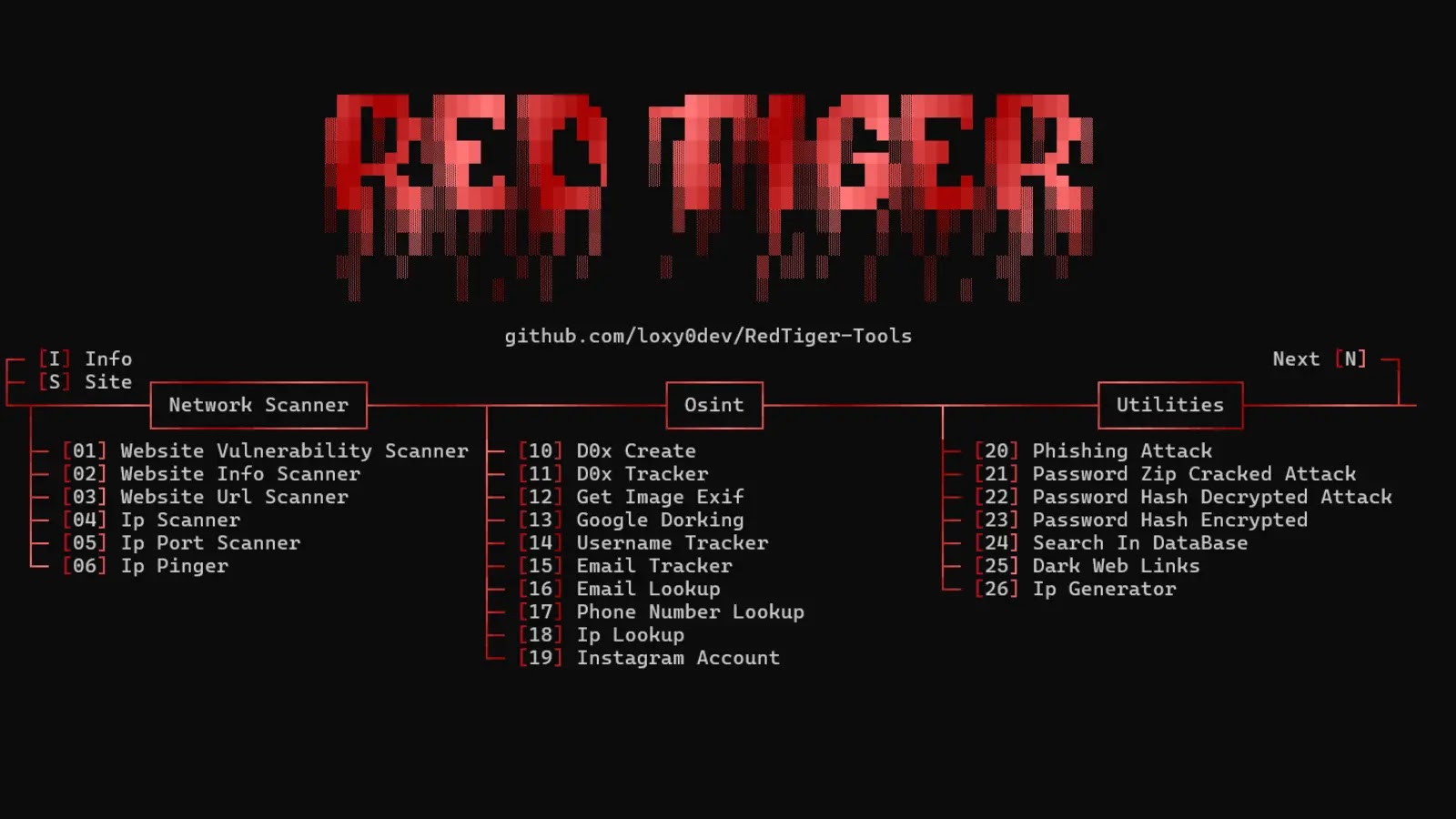An extensive investigation has uncovered that six nations—Australia, Canada, Cyprus, Denmark, Israel, and Singapore—are suspected of employing advanced spyware called “Graphite,” developed by the Israeli cybersecurity firm Paragon Solutions. This discovery underscores the growing concern regarding the widespread global use of sophisticated surveillance technologies and highlights the delicate balance between state security and the safeguarding of individual privacy and civil liberties.
Paragon Solutions, founded in 2019 by high-profile Israeli figures, including former Prime Minister Ehud Barak and intelligence expert Ehud Schneorson, has quickly risen to prominence within the controversial yet lucrative cyber surveillance industry. “Graphite,” their flagship surveillance product, possesses the capability to infiltrate smartphones and extract private data from instant messaging platforms, making it a potent tool for espionage. Unlike conventional spyware, “Graphite” operates discreetly, requiring minimal interaction from its target, often exploiting zero-day vulnerabilities previously unknown to software developers or security analysts.
This revelation comes at a time when global concerns over digital privacy have reached new heights. The sophisticated nature of spyware such as “Graphite” means that victims may remain entirely unaware of surveillance activities conducted against them, raising alarms about potential abuses, particularly targeting journalists, human rights activists, opposition leaders, and private citizens advocating for democratic freedoms.
Investigations into the deployment of “Graphite” have revealed a pattern of targeted infiltration efforts against high-value individuals globally. These attacks primarily leveraged vulnerabilities in widely used instant messaging applications, such as WhatsApp. One notable incident involved adding unsuspecting targets to controlled group chats, followed by the distribution of malicious PDF files containing embedded exploits. Once opened, these compromised files silently deployed the spyware, granting operators nearly unrestricted access to communications, device contents, and sensitive personal information.
The ramifications of this spyware use are extensive. Victims have included journalists reporting on sensitive issues, political activists, human rights defenders, and influential figures critical of government policies. The covert nature of these surveillance operations poses significant challenges to democratic freedoms, undermining trust in digital communications as a safe medium for private conversations or professional exchanges.
Furthermore, the companies behind these communication platforms, such as Meta-owned WhatsApp, have responded with firm actions, condemning spyware developers for their unethical use of technology. Legal actions and cease-and-desist letters have been dispatched, urging surveillance firms like Paragon Solutions to halt unauthorized use of their services. Despite these corporate interventions, the spyware industry remains resilient, driven by demand from governments seeking enhanced surveillance capabilities in the name of national security.
The recurrent misuse of advanced surveillance software globally highlights an urgent need for stronger international frameworks and comprehensive regulatory oversight. Human rights organizations and digital privacy advocates have intensified calls for the establishment of binding international agreements aimed at restricting the proliferation of spyware technologies. Proposals emphasize strict controls on spyware exports, transparent reporting mechanisms on surveillance deployments, and robust international cooperation to prevent abuses of technology.
However, implementing such regulations presents complex challenges. Governments often justify surveillance as a necessary tool for national security, counter-terrorism, and crime prevention. Yet, without stringent oversight and accountability, these technologies have historically been prone to abuse, significantly impacting democratic rights, freedom of speech, and the fundamental privacy rights of citizens globally.
This incident is reminiscent of earlier controversies involving other Israeli-developed spyware tools, notably the infamous “Pegasus” spyware from NSO Group, which similarly sparked international outrage after revelations of widespread surveillance abuses. Repeated scandals involving Israeli spyware companies have cast a long shadow over Israel’s cybersecurity industry, raising critical questions about the ethical responsibilities of technology providers in a rapidly evolving digital surveillance landscape.
As digital communication becomes even more ingrained in daily personal and professional interactions, the imperative for safeguarding these platforms from intrusive and unauthorized surveillance grows increasingly urgent. Ensuring the integrity and confidentiality of digital communications is vital, not only for the protection of individual freedoms but also for maintaining trust in technology-driven interactions worldwide.
In response to these revelations, governments, corporations, and civil society must collaborate closely to define clear boundaries for acceptable surveillance activities. Transparency in surveillance operations, coupled with independent judicial oversight, will be critical to restoring public confidence in digital security and maintaining the delicate balance between national security and fundamental human rights.
Ultimately, the emergence of evidence linking multiple governments to “Graphite” spyware deployments should act as a wake-up call, prompting immediate international dialogue and meaningful policy reform. Without such interventions, the unchecked expansion of digital surveillance threatens to erode fundamental human freedoms and destabilize democratic institutions worldwide.



